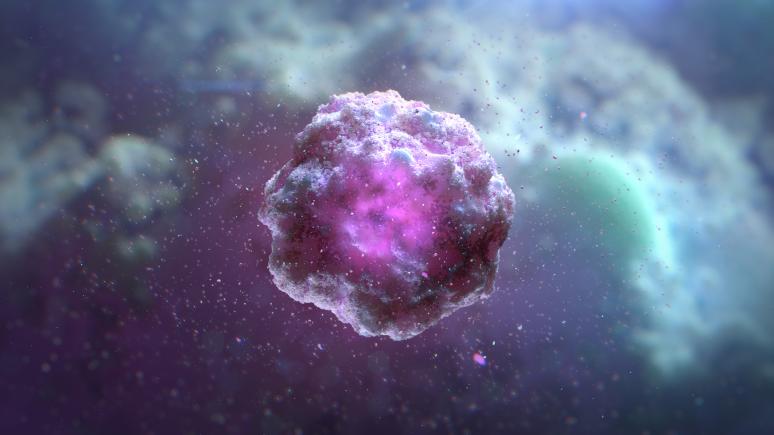Digestive system
Such short-chain Khavinson peptides as Epitalon, Livagen, and Vilon are not cleaved in the stomach and small intestine. They can regulate digestive enzyme activities in animals.
The administration of Livagen and Vilon increased digestive enzymes activities in aged animals to a level that is typical for young animals. In addition, the peroral administration of these short-chain Khavinson peptides for one month to aged rats increased glycine and glucose absorption in the medial segment of the small intestine (the effect of Vilon) and the distant and proximal segments (the impact of Epitalon).
Effects on the brain cortex
The intranasal administration of such short-chain Khavinson peptide as Epitalon to rats was linked with the activation of cortical neurons. Some experiments showed that the effect of Epitalon is multiphasic. The first peak of enhanced neuron discharge frequency at 5-7 minutes was followed by peaks at 11-12 and 17-18 minutes. The increase in discharge frequency was due to enhancing it in active neurons and recruiting the previously silent neurons.
Effects on the hypothalamus
Studies showed that Epitalon facilitates explants of subcortical brain structures growth in vitro. At the dose of 2 ng/mg, short-chain peptide Epitalon increased the development of cultured organotypic explants of the mediobasal preoptic region of hypothalamus extracted from young (3 months) and aged (24 months) female rats. This impact of Epitalon may be contributed to by apoptosis inhibition.
Effects on the pineal gland
Epitalon reduced the frequency of discharges by 35-40% in pinealocytes featuring irregular activity and low discharge frequencies and by 25% in pinealocytes featuring regular activity and high discharge frequencies. The internasal administration of short-chain Khavinson peptide Epitalon caused decreasing in discharge frequencies in all types of pinealocytes by 30%. The addition of this short-chain peptide to the isolated pineal gland led to reducing the discharged frequency in cells with irregular activity by 80-90%. It did not affect cells producing regular periodical trains of discharges.
In aged female rhesus monkeys administered with Epitalon for ten days at 9.00 PM, the level of melatonin, which was decreased twofold compared to young animals, increased threefold. Thus, melatonin level in old monkeys was found to be higher than in young monkeys.
Gamma-irradiation of rats resulted in pineal gland changes, included vacuolization of fenestrated endothelium, swelling, and disappearance of pinocytotic vesicles and cytoplasmic organelles. Administration of Epitalon was linked with the complete recovery of the ultrastructure of glial cells and pinealocytes. Thus, after treating with Epitalon, changed structures did not differ from what was observed in intact rats.
Effects on the lung
The short-chain Khavinson peptide Bronchogen may impact with geteroprotector effect on the bronchial tissue.
Effects on the pancreas
Administration of Epitalon to aged rhesus monkeys restored inadequate glucose tolerance and pancreatic beta-cells sensitivity to glucose. In addition, the effect of extremely low doses of Epitalon administration during ten days on the endocrine function of the pancreas was partially retained for 1-2 months after treatment cessation.
Effects on the bladder
Such short-chain Khavinson peptide as Vilon was found to inhibit the development of tumors in rat bladder.
Effects on immunocompetent cells
In vitro, it has been found that Epitanol stimulates the sphingomyelinase activity and modulates IL-1R signal transduction by the sphingomyelin pathway in the murine nerve cells membrane and thymocytes membrane. In vivo, Epitalon was found to normalize the activity of H-sphingomyelinase in a certain fraction of cerebral cortex and membrane of thymocytes in rats after immunostimulatory and immunosuppressive stresses.
Administration of Vilon at 50 ng/mL remarkably increased neutral activity of sphingomyelinase in the murine membrane of thymocytes. Therefore, the impact of the short-chain Khavinson peptides on immunocompetent cells is mediated by the sphingomyelin pathway of signal transduction.
Effects on biorhythms
In aged male Wistar rats and CBA mice, the circannual ( over the year) and circadian (over 24-hours cycle) rhythms of the serum thymic factor are disrupted. Administration of Epitalon beginning from six months of age rats and four months in mice reduced the changes described above. In addition, the nocturnal level of testosterone and corticosterone reduced. The production of these hormones decreases in winter and increases in summer. Finally, the biorhythms of many physiological parameters in aged animals approached those observed in adults.
Effects on the genetic stability
Interaction between peptides and DNA restores the structure and expression of a gene that provides genetic stability and normalization of age-related metabolic changes, prevents age-associated pathology development, and increases lifespan to its species-specific limit. Peptides play a significant role in informational regulators of genetic stability, stabilize physiological functions, and slow down the aging of the body.
Short-chain Khavinson peptides that interact with DNA are not only geroprotectors but are also epigenetic regulators directly influencing genome condition.
You can learn more about the different types of peptides and their functions by Click Here.
Source KHAVINSON PEPTIDES














Leave a Reply
You must be logged in to post a comment.